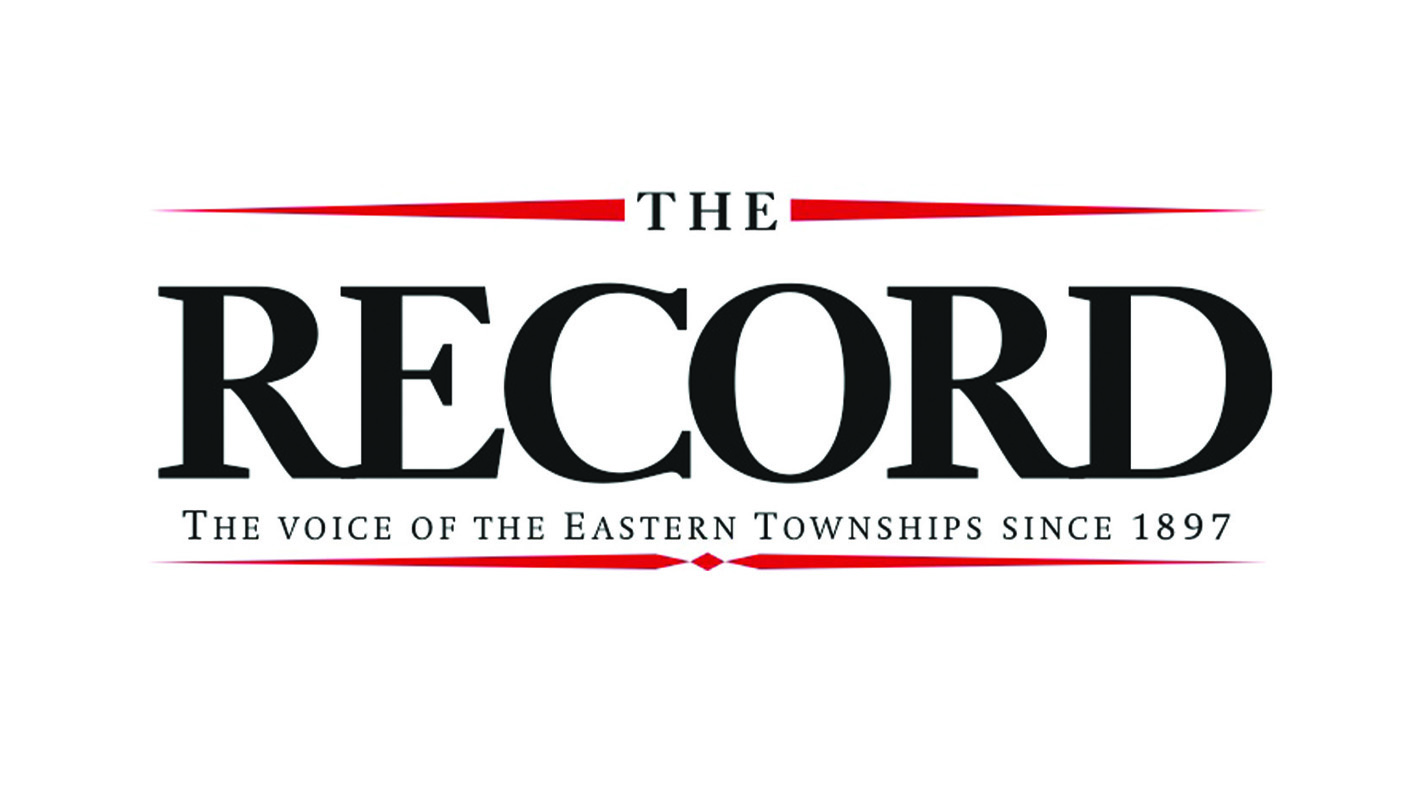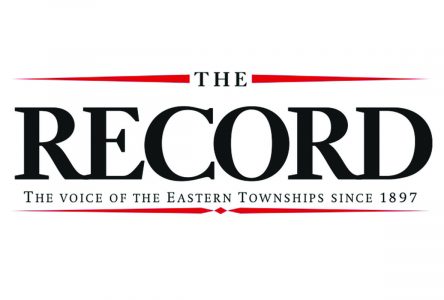Chair Micheal Murray answers pressing questions as school year begins
By William Crooks
Local Journalism Initiative
In a recent interview, Eastern Townships School Board (ETSB) Chair Michael Murray discussed the board’s plans and challenges for the new school year, offering a detailed look into issues such as school enrollment, air quality, the electrification of the bus fleet, and ongoing legal battles.
The conversation, held on Aug. 28, was informed by discussions during the ETSB’s Aug. 27 monthly meeting, which marked the first gathering of the new school year. Murray’s responses reveal the complexities of managing the board’s operations amid increasing student numbers and legislative challenges.
How is the school board planning to handle the continuity of operations during the upcoming election period, and what should parents expect?
“Parents should expect business as usual,” Murray assured. He emphasized that front-end services would remain unaffected, explaining, “Our administrators in their various departments will have all the authority necessary to carry out any functions and to make any decisions that are required in that interval.” This continuity is crucial for maintaining stability during the election period.
School enrollment is increasing. What steps are being taken to ensure that class sizes remain manageable and students receive adequate attention?
Murray acknowledged the challenges posed by increasing enrollment but highlighted the constraints imposed by collective agreements. “Class sizes are now determined entirely by collective agreements with the various categories of employees,” he said. This includes the number of hours a week and other functions, all of which are “very minutely defined by the collective agreements.”
He added, “We have very little control over new students arriving, and if they come to a room that’s already full, we really don’t have the capacity to turn on a dime and divide classes or change things.” However, when classes exceed the agreed size, teachers receive premiums, and “we can compensate that way.” Despite these measures, Murray noted, “We’re reluctant to reorganize entire schools lightly because the impact is on the entire class.”
Murray also highlighted that school enrollment continues to grow, bringing the total number of students, including those in the adult sector, to just under 6,200. He emphasized that this growth reflects the quality of education and the human approach the ETSB provides.
What measures are being implemented to improve air quality in schools, and how will this impact students’ health?
Addressing concerns about air quality, Murray stated, “We have had CO2 detectors in all of our spaces for three years now, and they are live monitors operating 24/7.” He emphasized that while air quality issues are not widespread, any detected problems are quickly mitigated with air filters or other devices. “We actually have fewer than a dozen of those devices in place throughout our 27 sites,” he noted, indicating that significant issues are rare.
Murray also detailed a major air quality project aimed at reducing the board’s carbon footprint. “We began converting [schools] to heat pumps of various kinds, geothermal or aerothermal. Phase one will be finished in 2024-2025, and those 10 sites are now air-conditioned, with filtered and mechanically ventilated air.”






